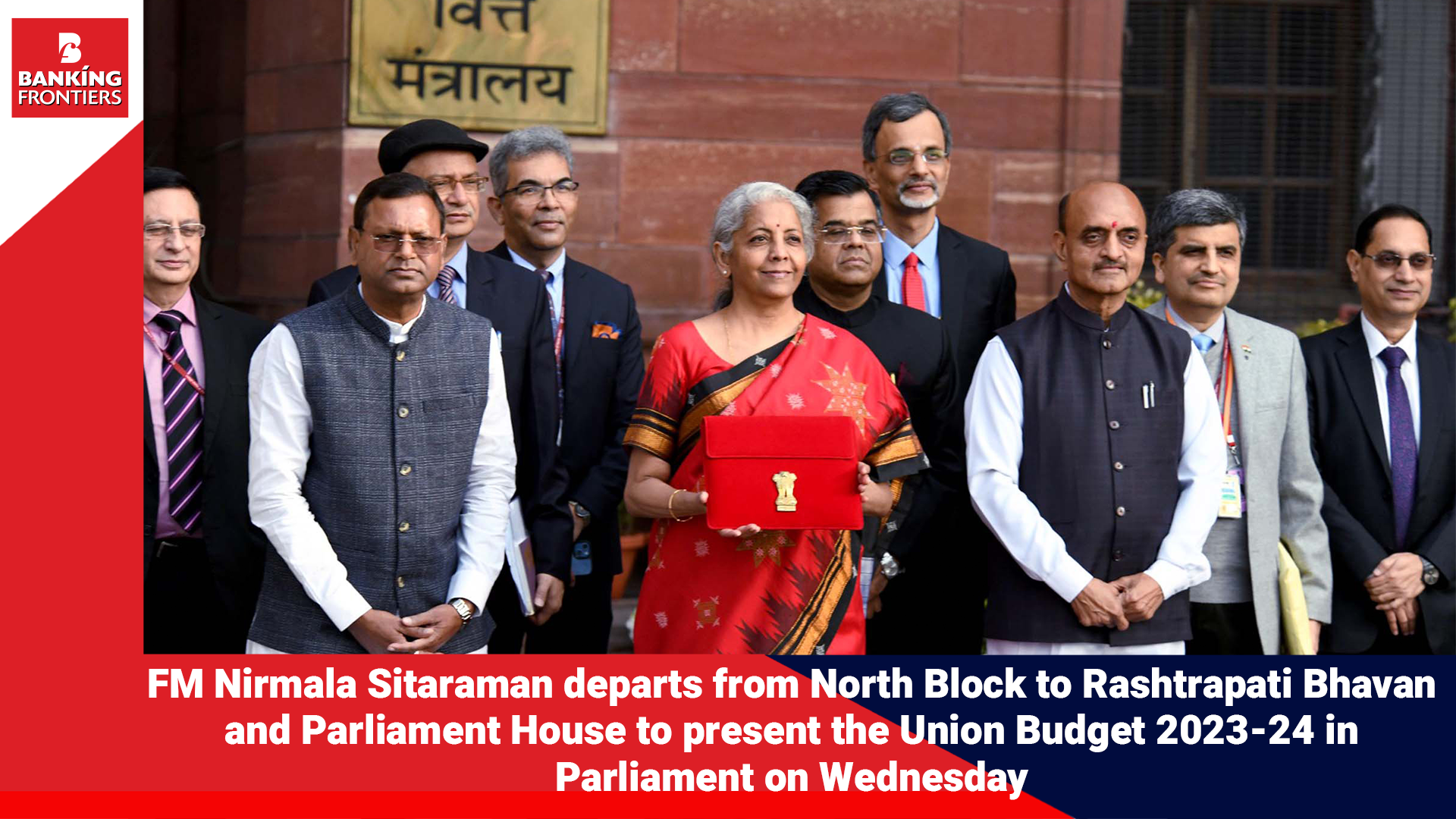
The Union Budget 2023-24 presented on Wednesday by Union Minister for Finance and Corporate Affairs, Nirmala Sitaraman, includes significant measures aimed at boosting the digital ecosystem. Sitaraman stated that the financial sector reforms and technological advancements have already led to widespread financial inclusion, improved services, easier access to credit, and increased participation in financial markets. The budget seeks to further these efforts.
Digital Payments
Digital payments continue to find wide acceptance. In 2022, they showed an increase of 76% in transactions and 91% in value. Fiscal support for this digital public infrastructure will continue in 2023-24.
Fintech Services
Fintech services in India have been facilitated by our digital public infrastructure including Aadhaar, PM Jan Dhan Yojana, Video KYC, India Stack and UPI. To enable more fintech innovative services, the scope of documents available in DigiLocker for individuals will be expanded.
Entity DigiLocker
An Entity DigiLocker will be set up for use by MSMEs, large businesses and charitable trusts. This will be towards storing and sharing documents online securely, whenever needed, with various authorities, regulators, banks and other business entities.
Simplification of KYC process
The KYC process will be simplified by adopting a ‘risk-based’ instead of a ‘one size fits all’ approach. The financial sector regulators will also be encouraged to have a KYC system fully amenable to meet the needs of Digital India.
One-stop solution for identity and address updating
A one-stop solution for reconciliation and updating of identity and address of individuals maintained by various government agencies, regulators and regulated entities will be established using DigiLocker service and Aadhaar as foundational identity.
Startups
India is now the third largest ecosystem for start-ups globally and ranks second in innovation quality among middle-income countries. The budget proposes to extend the date of incorporation for income tax benefits to startups till March 31, 2024. It further proposes to provide carrying forward of losses on change of shareholding of startups from seven years of incorporation to ten years. Certain startups are eligible for some tax benefit if they are incorporated before April 1, 2023. The period of incorporation of such eligible startups is proposed to be extended by one year to before April 1, 2024.
National Financial Information Registry
A national financial information registry will be set up to serve as the central repository of financial and ancillary information. This will facilitate an efficient flow of credit, promote
financial inclusion, and foster financial stability. The financial sector regulators will be requested to carry out a comprehensive review of existing regulations.
Common Business Identifier
For the business establishments required to have a Permanent Account Number (PAN), the PAN will be used as the common identifier for all digital systems of specified government agencies.
Data Embassy
For countries looking for digital continuity solutions, we will facilitate setting up of their Data Embassies in GIFT IFSC.
Central Data Processing Centre
A Central Processing Centre will be set up for faster response to companies through centralized handling of various forms filed with field offices under the Companies Act.
Unified Filing Process
For obviating the need for separate submission of the same information to different government agencies, a system of ‘Unified Filing Process’ will be set up.
Digital Public Infrastructure for Agriculture Digital public infrastructure for agriculture will be built as an open source, open standard and interoperable public good. This will enable inclusive, farmer-centric solutions through relevant information services for crop planning and health, improved access to farm inputs, credit, and insurance, help for crop estimation, market intelligence, and support for the growth the of agri-tech industry and startups.
National Digital Library for Children and Adolescents
A National Digital Library for children and adolescents will be set up for facilitating the availability of quality books across geographies, languages, genres and levels, and device-agnostic accessibility. States will be encouraged to set up physical libraries for them at panchayat and ward levels and provide infrastructure for accessing the National Digital Library resources. To inculcate financial literacy, financial sector regulators and organizations will be encouraged to provide age-appropriate reading material to these libraries.
Bharat Shared Repository of Inscriptions (Bharat SHRI)
‘Bharat Shared Repository of Inscriptions’ will be set up in a digital epigraphy museum, with digitization of one lakh ancient inscriptions in the first stage.
Centres of Excellence for Artificial Intelligence
For realizing the vision of “Make AI in India and Make AI work for India”, three centres of excellence for Artificial Intelligence will be set up in top educational institutions. Leading industry players will partner in conducting interdisciplinary research, and develop cutting-edge applications and scalable problem solutions in the areas of agriculture, health, and sustainable cities.
National Data Governance Policy
To unleash innovation and research by start-ups and academia, a National Data Governance Policy will be brought out. This will enable access to anonymized data.
E-Courts
For efficient administration of justice, Phase 3 of the E-Courts project will be launched with an outlay of Rs 7,000 crore.
One hundred labs for developing applications using 5G services will be set up in engineering institutions to realise a new range of opportunities, business models, and employment potential.
Skill India Digital Platform
The digital ecosystem for skilling will be further expanded with the launch of a unified Skill India Digital platform for enabling demand-based formal skilling, linking with employers including MSMEs, and facilitating access to entrepreneurship schemes.
Gold to Electronic Gold Receipt
The conversion of physical gold to Electronic Gold Receipt and vice versa is proposed not to be treated as a transfer and not to attract any capital gains. This would promote investments in the electronic equivalent of gold. Lab Grown Diamonds (LGD) is a technology-and innovation-driven emerging sector with high employment potential. To encourage indigenous production of LGD seeds and machines and to reduce import dependency, a research and development grant will be provided to one of the IITs for five years.







